Cloud Computing Report: Analysis of Cloud Solutions for VideoDev Ltd
VerifiedAdded on 2022/09/23
|37
|3416
|28
Report
AI Summary
This report provides a comprehensive introduction to cloud computing, outlining its core concepts, key characteristics, and benefits for businesses like VideoDev Ltd. It explores various cloud computing types, including private, community, public, and hybrid clouds, and delves into the architecture, encompassing front-end and back-end components, with a focus on virtualization. The report examines different service models, specifically IaaS and PaaS, comparing their features and recommending IaaS for VideoDev Ltd due to its flexibility, scalability, and cost-effectiveness. It addresses potential limitations of IaaS, such as security concerns, and introduces additional architectural patterns like data-centric architecture. Furthermore, the report analyzes Standard Desktop Operating Environments (SDOE), comparing Amazon Workspaces and Windows Virtual Desktop, and concludes that Amazon Workspaces offers a secure and managed SDOE solution for VideoDev Ltd, enhancing its ICT infrastructure, increasing responsiveness, reducing maintenance costs, and supporting heavy video processing for clients.
1 out of 37
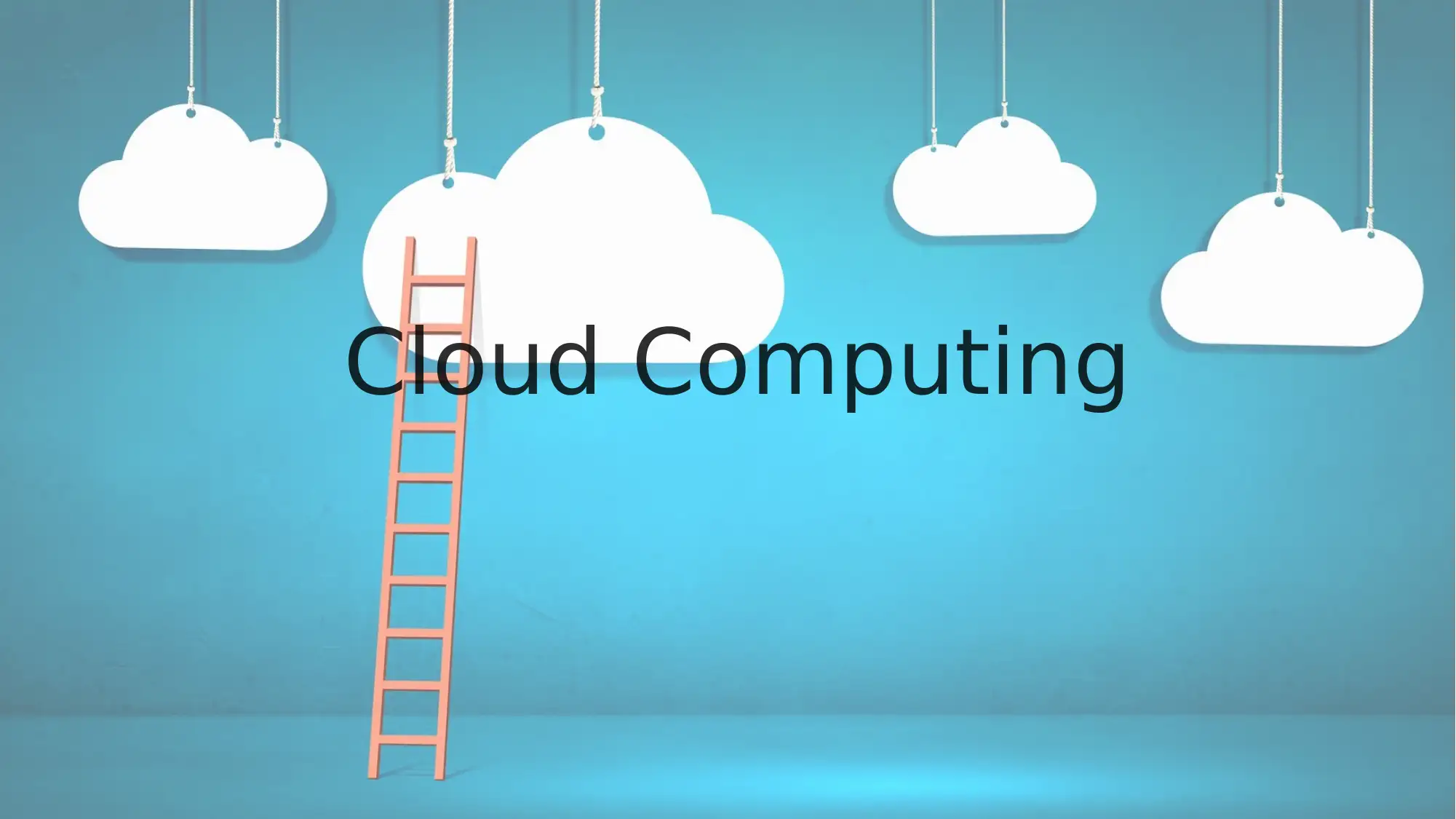
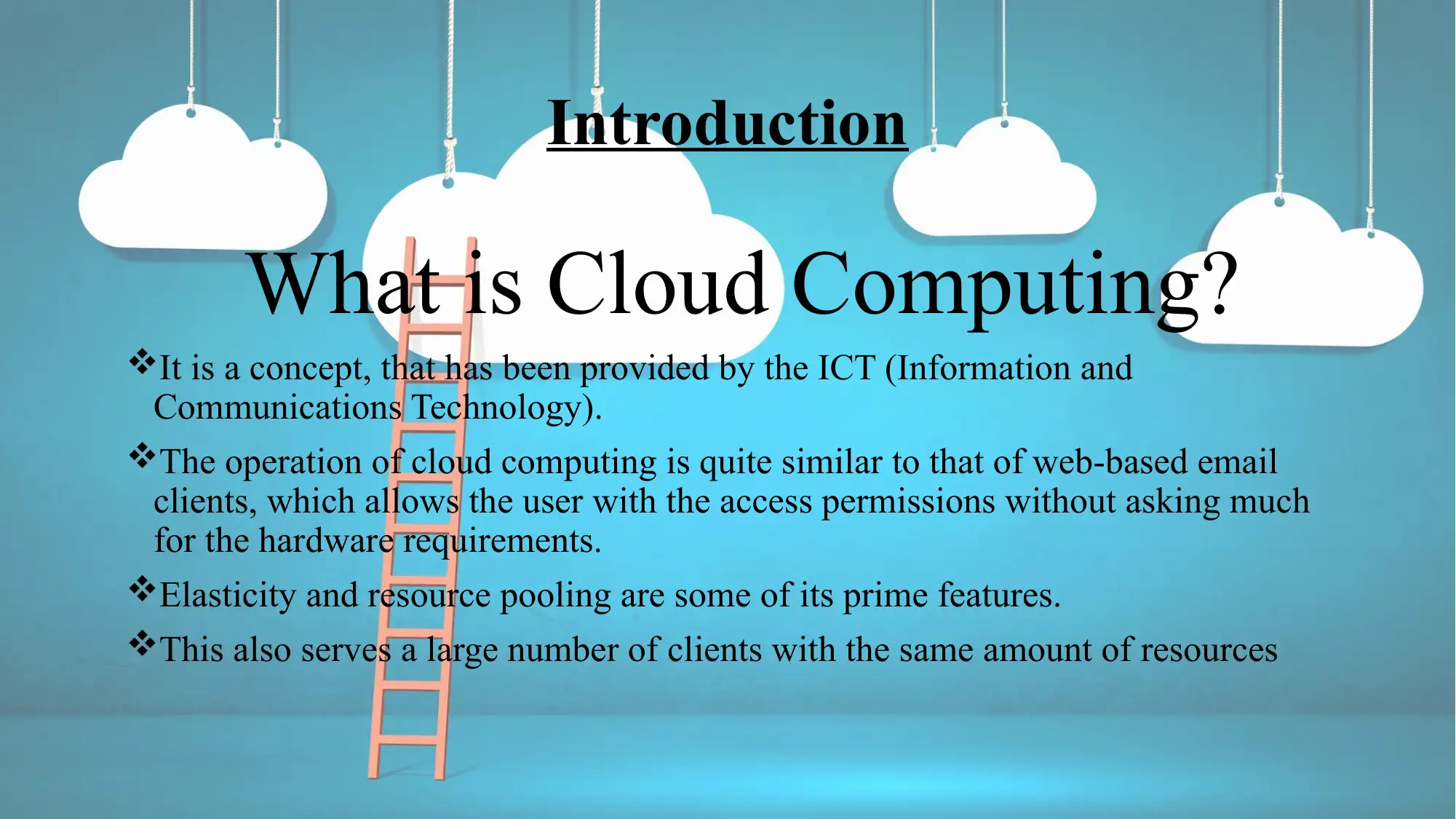
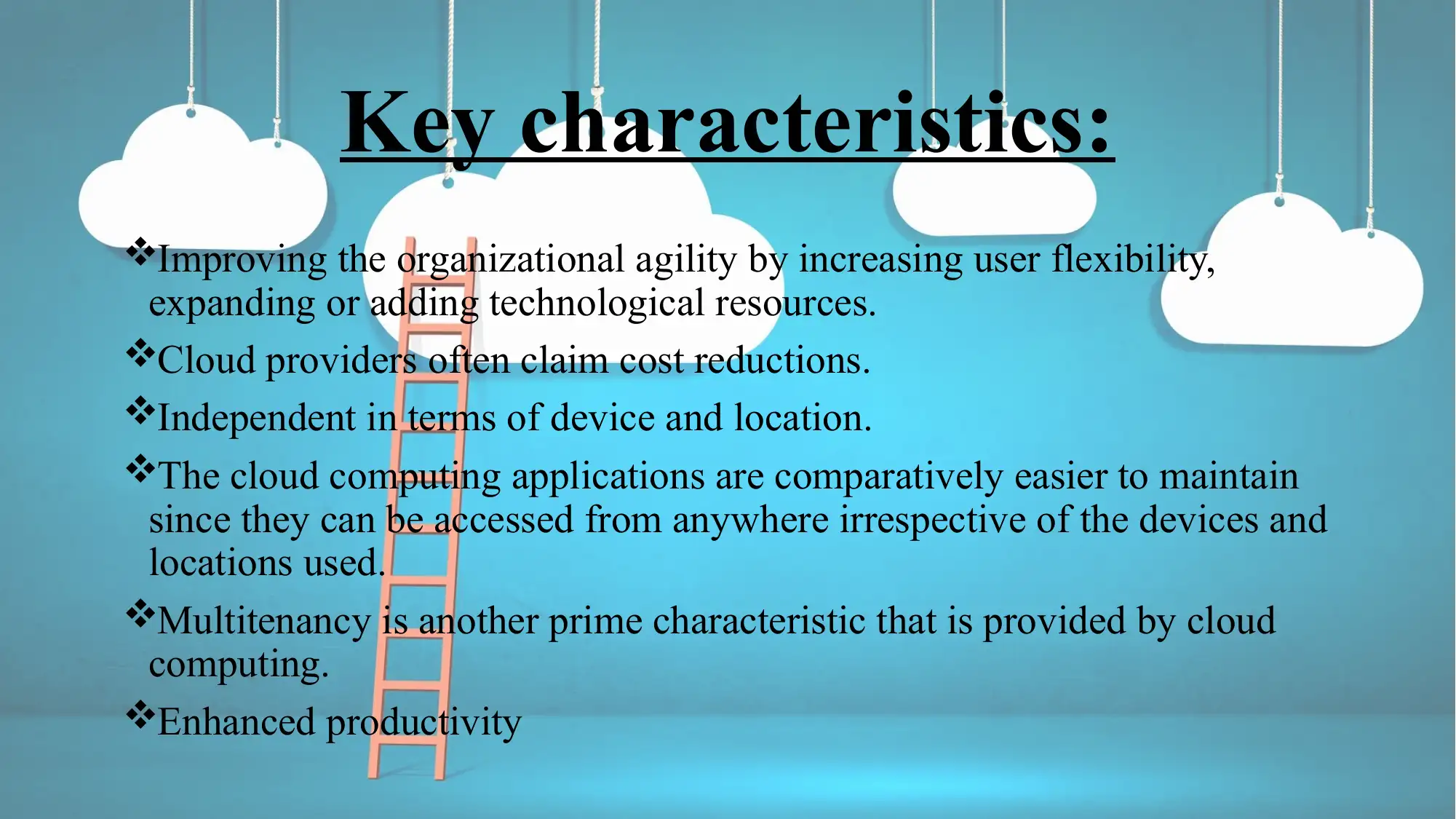

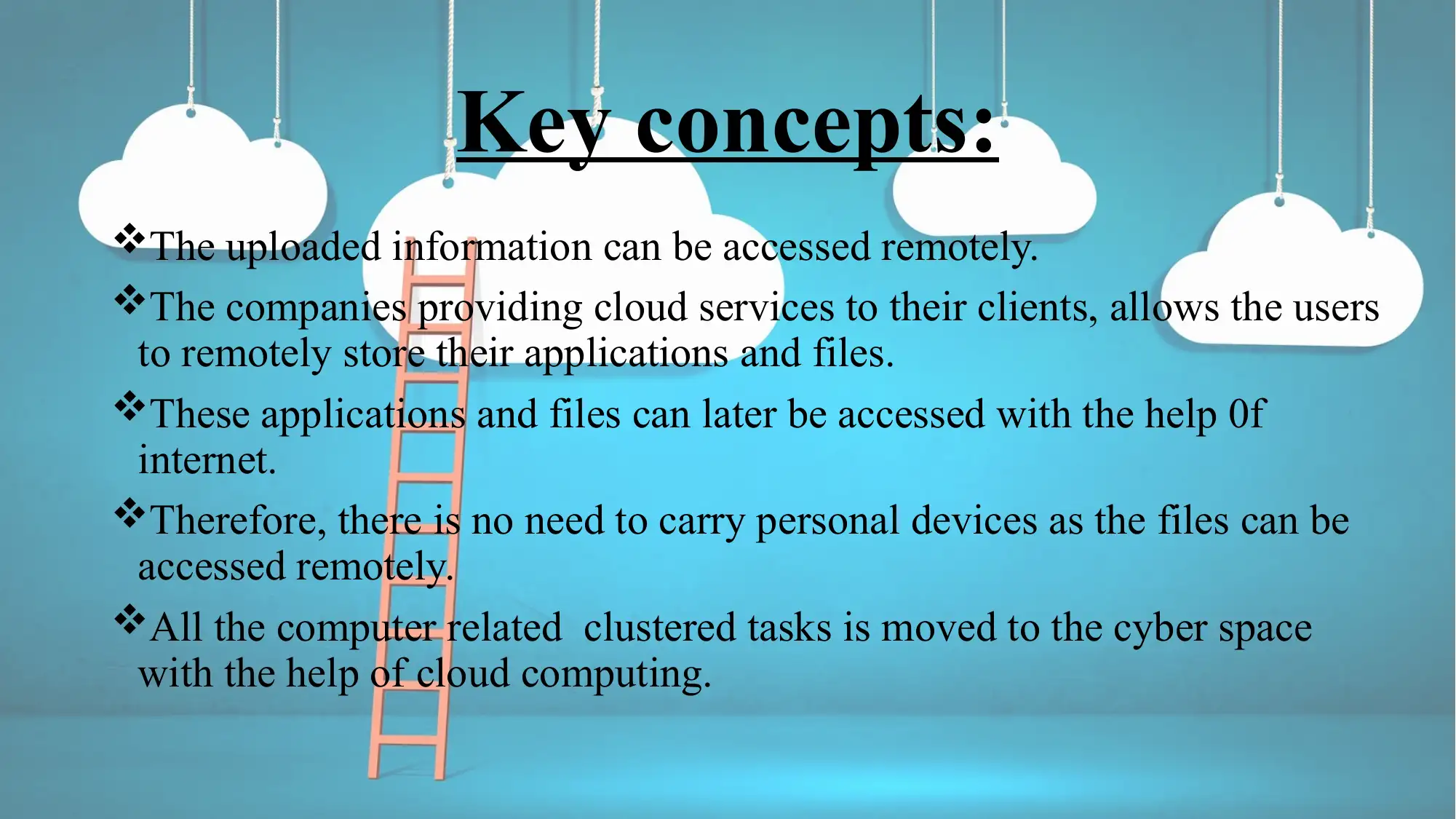
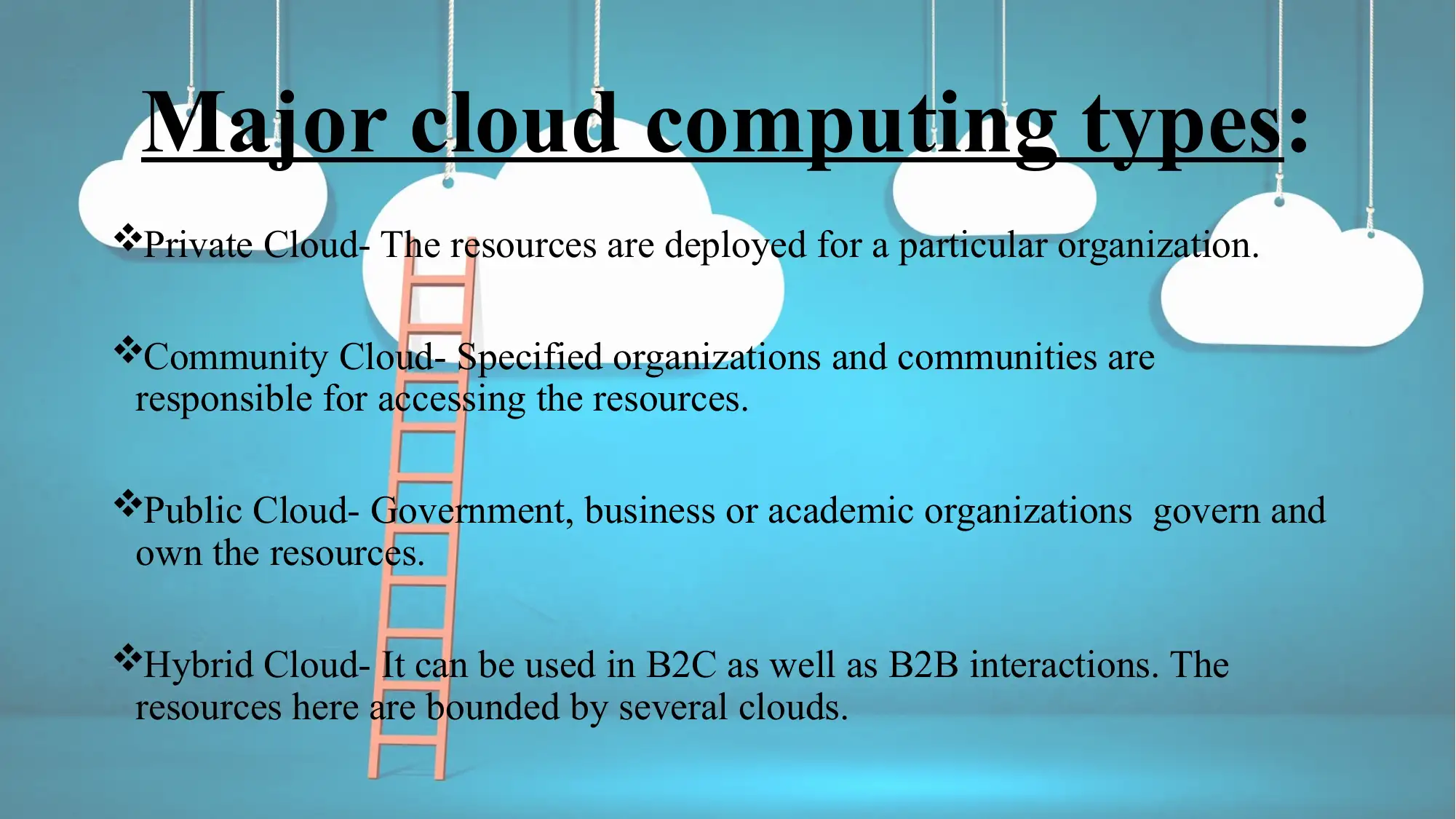
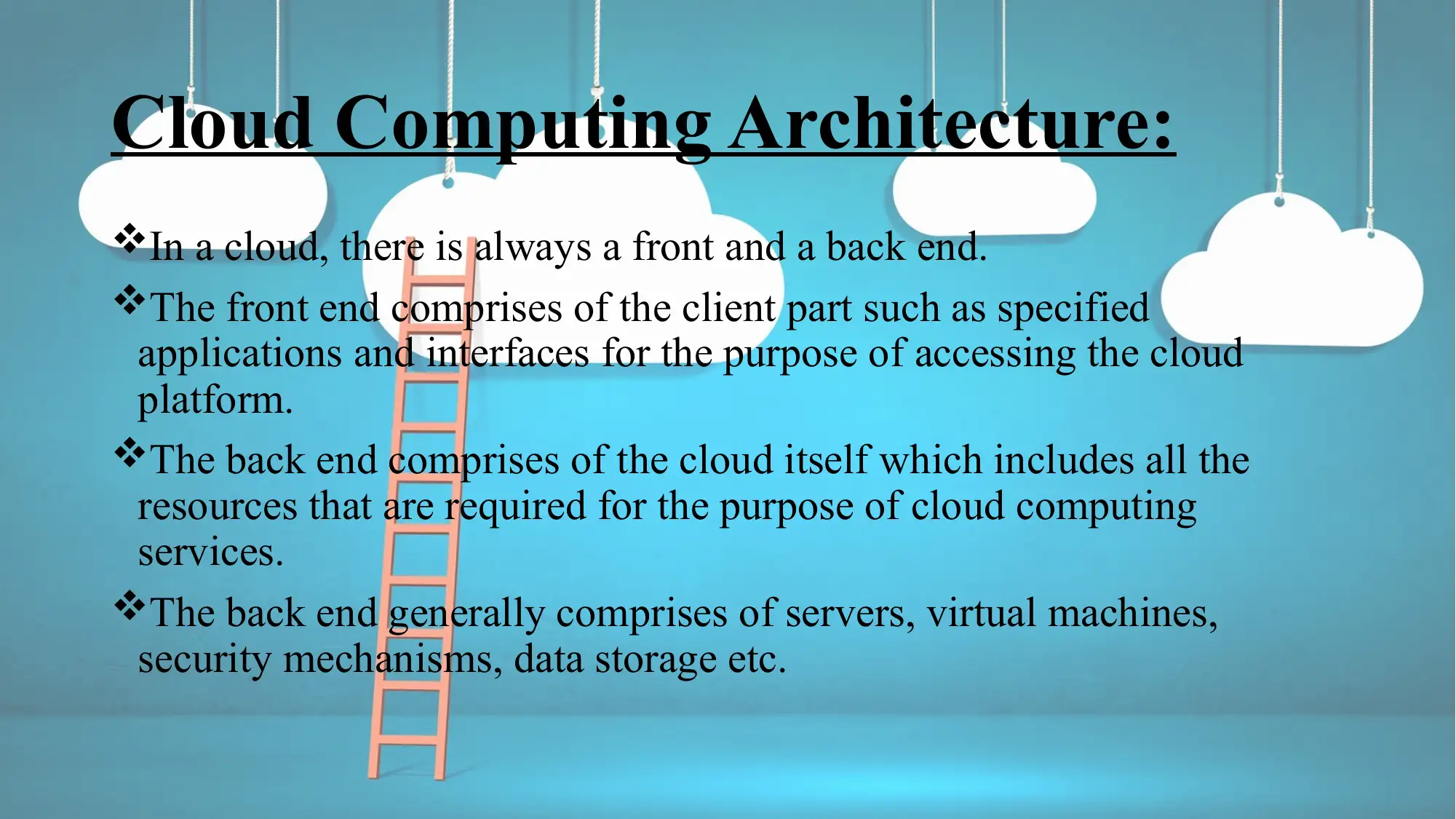
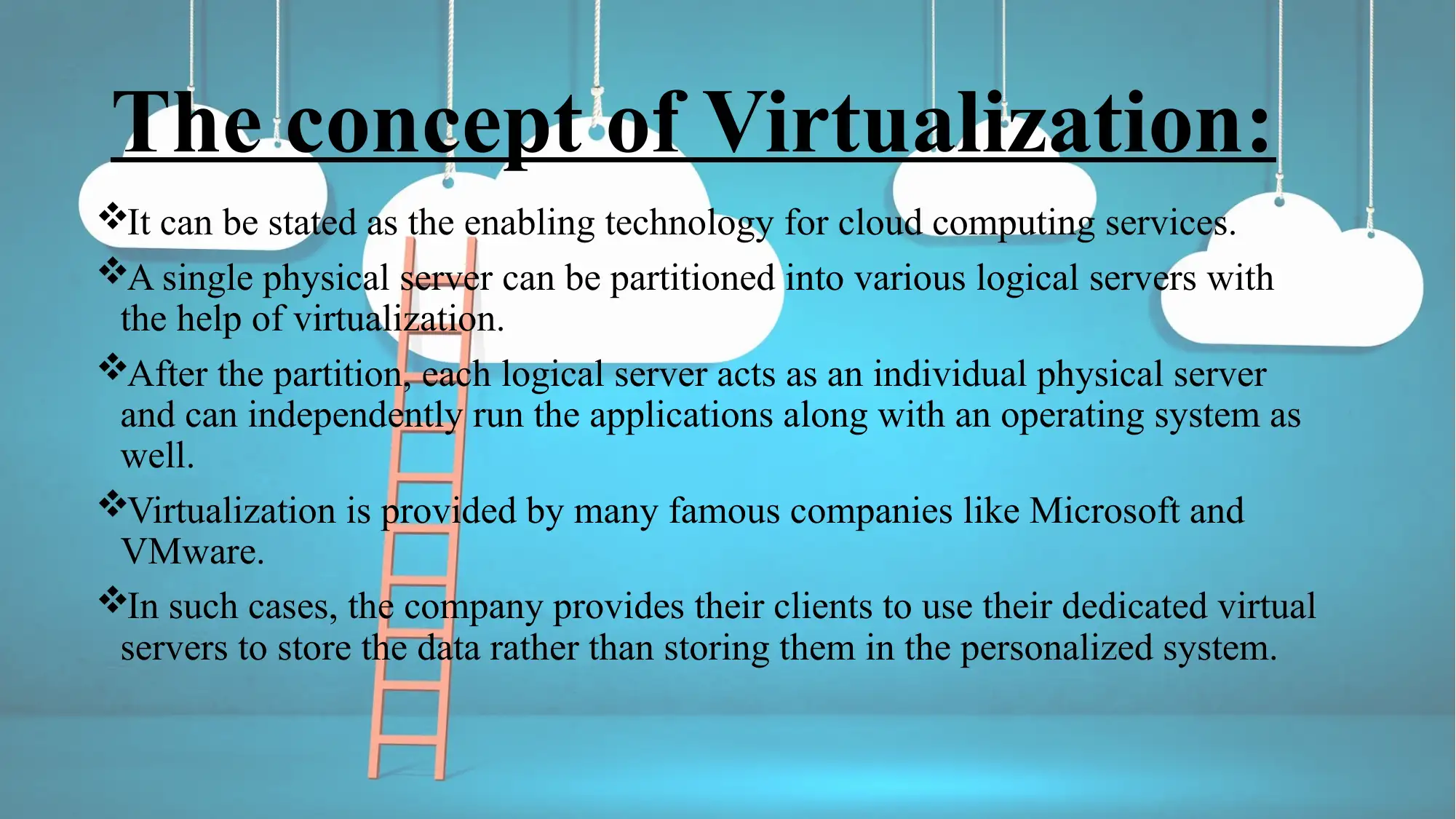
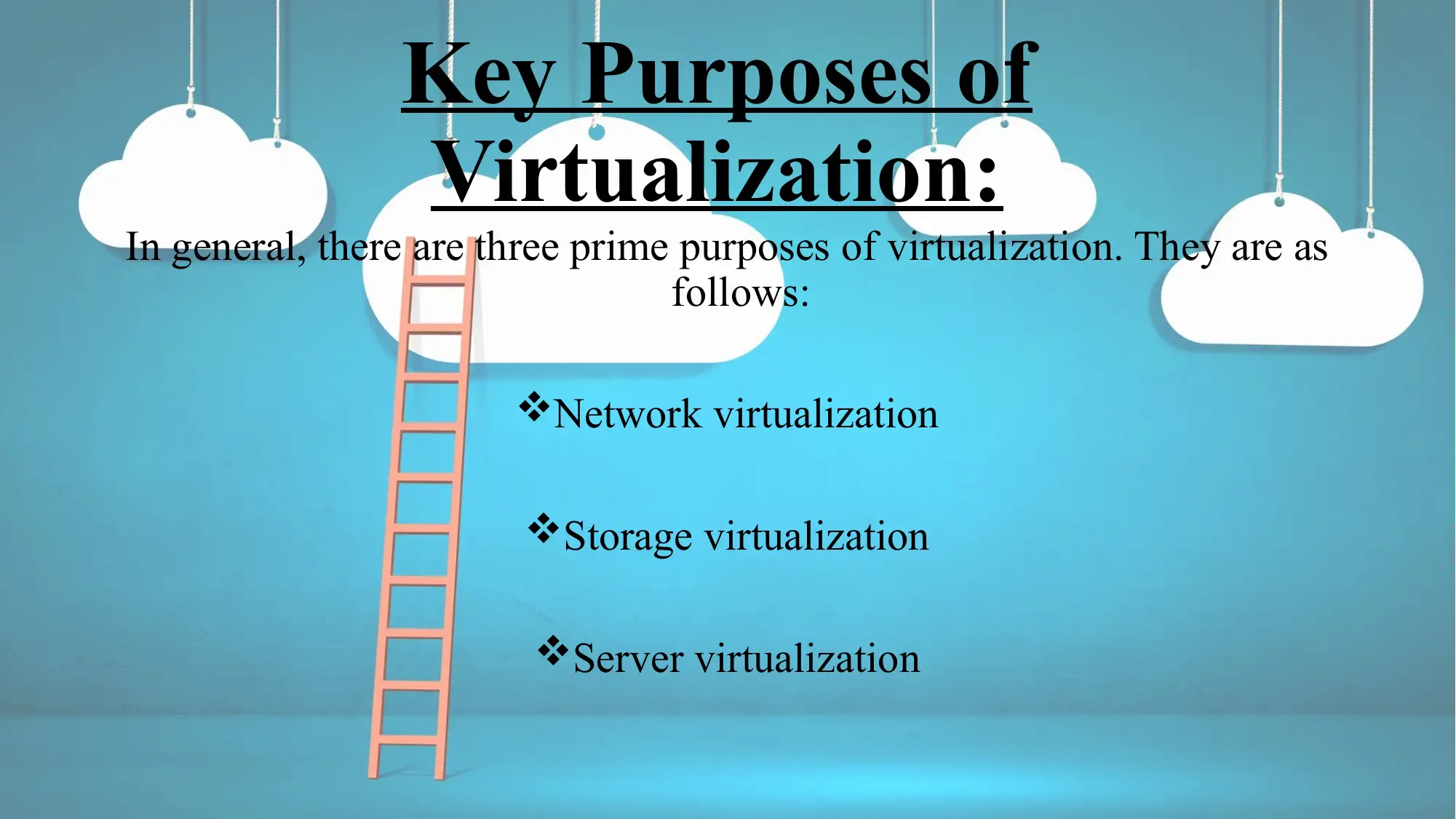
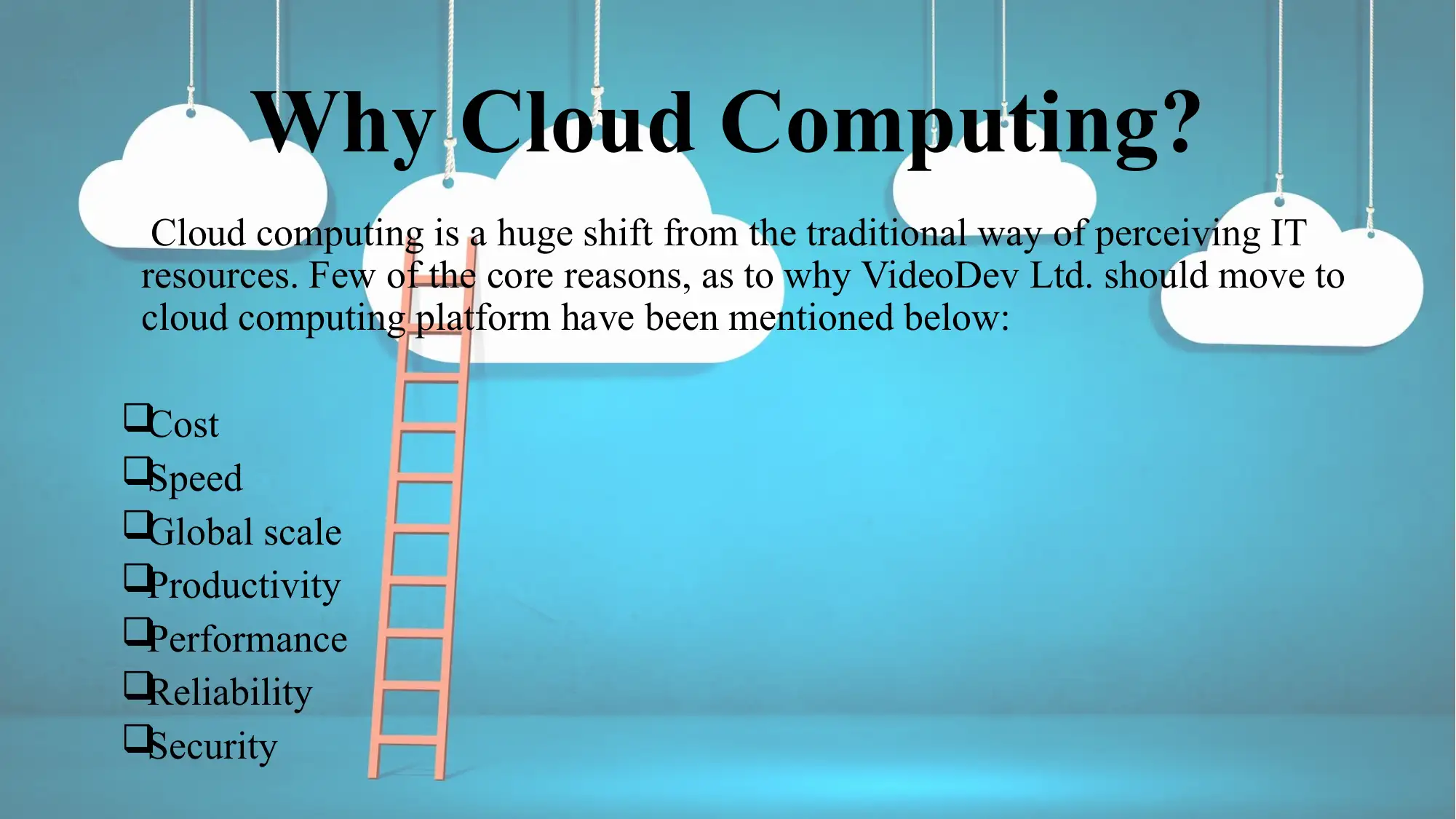
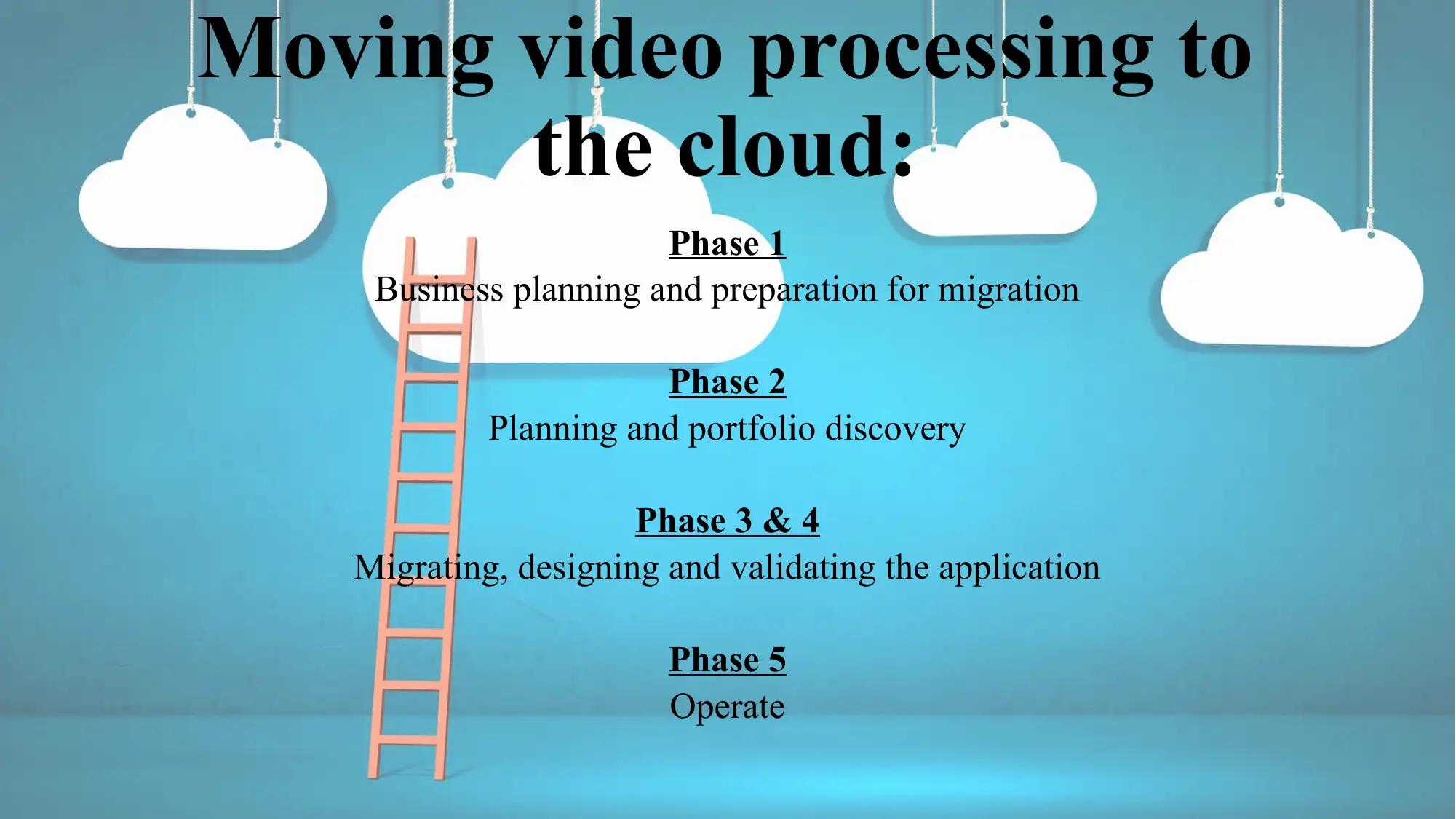
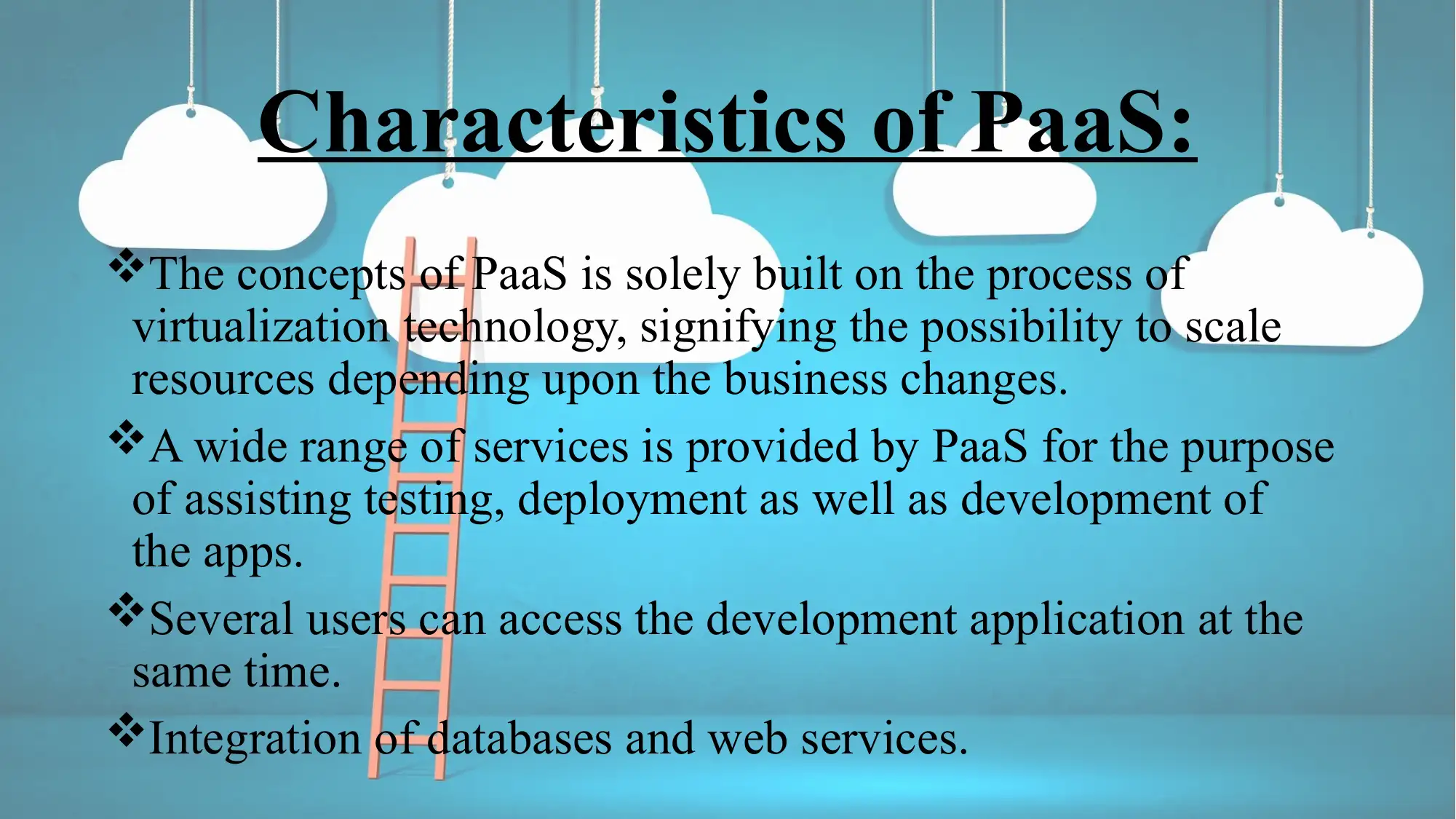
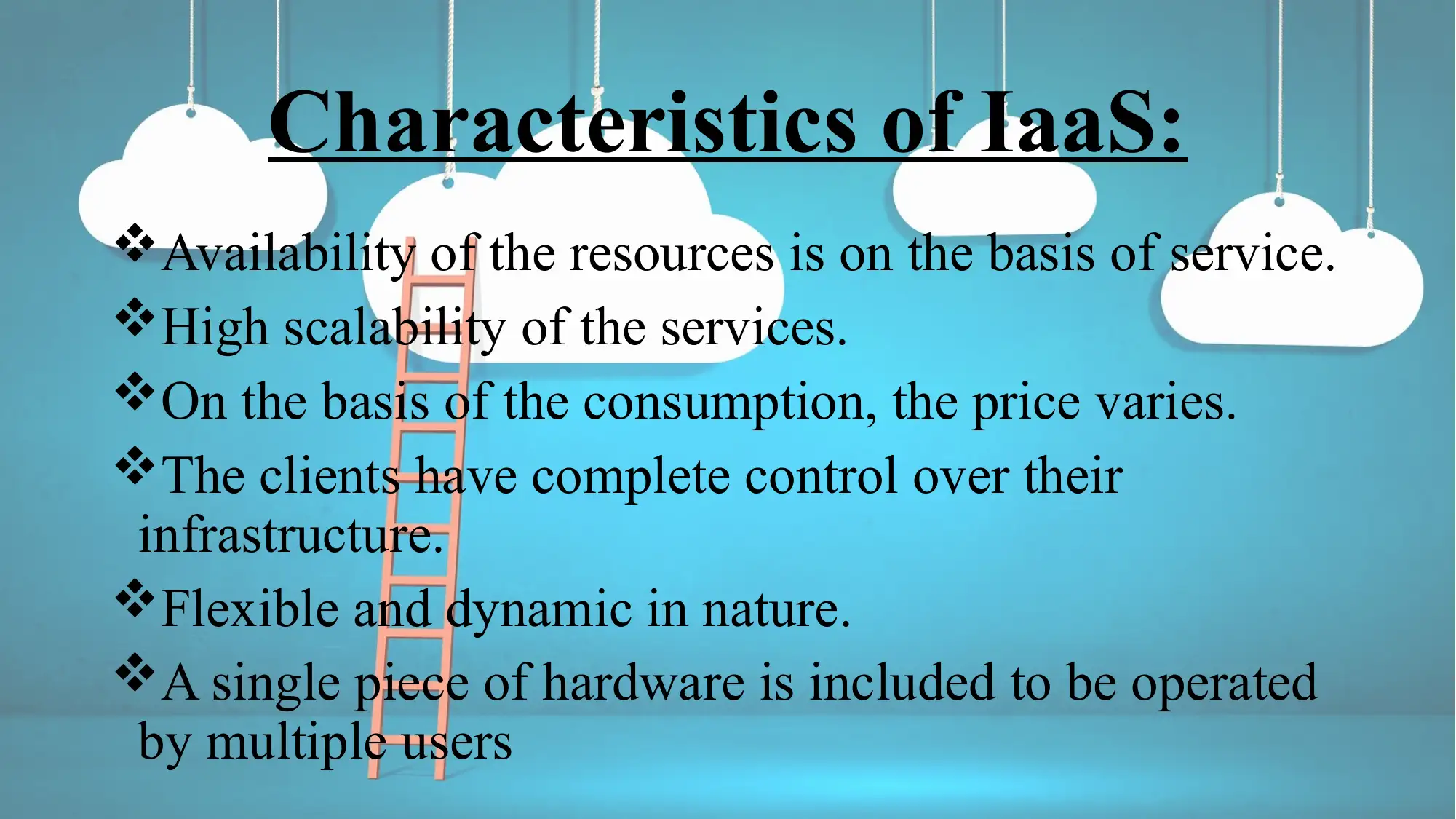






![[object Object]](/_next/static/media/star-bottom.7253800d.svg)